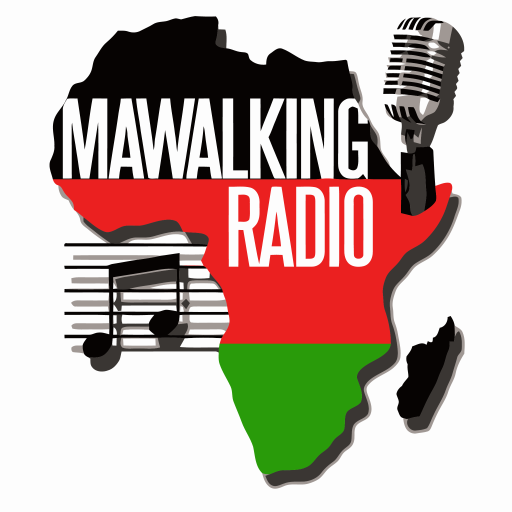
HUSTLE OF A DJ
Disc Jockey, is a person who hosts recorded music for an audience.

DJs use audio equipment that can play at least two sources of recorded music simultaneously and mix them together to create seamless transitions between recordings and develop unique mixes of songs. Often, this involves aligning the beats of the music sources so their rhythms and tempos do not clash when played together and to enable a smooth transition from one song to another. DJs often use specialized DJ mixers, small audio mixers with crossfader and cue functions to blend or transition from one song to another. It doesn’t take someone very long after deciding to pursue their new DJing passion before they realize that a number of hurdles are in the way of making their goals. These goals vary from person to person: fame, fortune, day-job, personal enjoyment, and so on.

Most DJs start interacting and connecting with others on some level, and they start to notice patterns. They feed off each other’s thoughts and feelings toward the scene, the music, the figureheads, or the equipment.
DJ’s are immensely popular among the young generation that loves to dance at the tune of frivolous music. From weddings to birthday bashes and from dance festivals to casual pool-side parties, DJs can be seen everywhere. They are an integral part of nightclubs and discotheques, where people don’t mind to burn a bit of cash for dancing their hearts out after soaking in alcohol. The phenomenal rise in the popularity of DJs is a bit overwhelming, considering the fact that the profession didn’t even exist a few decades ago. The rosy picture also has some grim reality and ugly truths below the mattress, which must be brought into the surface and discussed openly. Some of the challenges that DJs face are part of their profession and are thus internal in nature. Any aspiring DJ must consider these internal challenges before embracing the lucrative profession. But there are many problems that are beyond the control of the DJs. To be honest, those problems are extra pressure for this comparatively young profession. However, the classification of the problems as internal or external is a subjective issue and most importantly, these are not watertight compartments, However, the classification of the problems as internal or external is a subjective issue and most importantly, these are not watertight compartments
Copyright issues.
Songs that are remixed by DJs are often copyrighted by a music company or the original singer. Now, the extent to which they can exercise their copyrights is a matter of controversy and differs largely from one country to another, depending on the legal framework of the country. This is a big hurdle for the DJ community on a global basis, as the tug of war is showing no signs of ceasing. Lawsuits and litigations are quite common among the two communities, which is a big sucker of energy, time and money.
Association with narcotics.
No one can deny the fact that wild parties and dance festivals. With growing awareness and consensus against these issues and the laws getting strict with each passing day, it is difficult to maintain the same level of attraction for the DJs only on the basis of music. In fact, dance festivals with DJs at the centre of attention have become synonymous with excessive alcohol consumption and use of LSDs among other drugs. No wonder, people are now thinking twice before deciding to hire DJ for parties and weddings, which are more domestic in nature as compared to the high-energy dance festivals.
Costly equipment.

Like every profession that poses an entry-level barrier, DJs have their fair share of such barriers in the form of very costly types of equipment like digital sound mixers, turn-tables, music systems, microphones and some musical instruments. The entire gamut of equipment necessary to hone the skills and perform well is fairly costly and can be a big challenge for an aspiring DJ.
Exposure.
Some DJ’s they see themselves like they are legends that they can’t nature other DJ’s who are growing in the same field. Also if you want to be known as a DJ’s you have to have someone who can help you grow or give you a hand in their gigs, so mix in the gigs but they don’t get paid coz it was like exposing them to the society for them to be known.
Promoters.
There are good promoters and there are not so good promoters. Do not take what promoters (or anyone for that matter) say at face value. Do your homework. See if anyone has worked with them. Look at their site, social network, etc. Really understand who you’re dealing with. Do not agree to pay them a flat fee – if that’s what they ask for, run do not walk. They should be paid by the number of people they bring in – not people on a list, people who actually show up. I’ve seen DJs agree to a flat fee and sign on promoters who basically just blasted out an event on Facebook ( to mostly fake Facebook profiles or people not even in the country of the gig ). Make sure that promoter runs in a similar circle as yours and also ask them what their promotion schedule is, if they are promoting another gig close to the date of yours chances are they will promote heavily the gig that enhances their reputation best ( which is understandable ) – hopefully, that is your gig, but if it’s not you’re out of luck as they are not going to burn out their main resource, their people.



